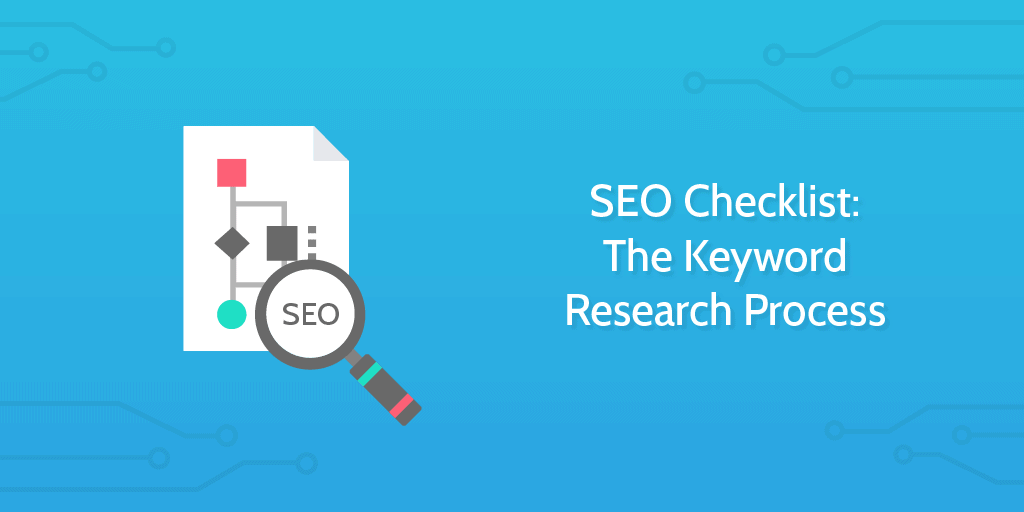Understanding Search Intent & It’s Importance for Key Phrase Research
What is search intent?
Search intent refers to the end goal of the user performing the Internet search. Algorithms such as GoogleRankBrain work to interpret what the search intent is and then display the most appropriate results. Individuals use search results in different ways depending on their initial desire. Understanding search intent is consequently of crucial importance to businesses and marketers. In short, you need to determine the ‘why’ which drives each kind of search query. From here, you must ensure that you rank as high as possible, and optimise your site to meet user needs.
Why is search intent important?
According to Forbes, the first page of Google search results captures approximately 92% of search traffic. Google is the most popular online search engine by far because it provides users with the most relevant results. With this in mind, to improve your rankings you must offer the most relevant results for search queries. Relevancy is achieved by focusing on the appropriate keywords and aligning your content perfectly with the user’s search intent.

Driving traffic to your site is pretty redundant if those users don’t stick around! If you target search intent, you’ll make sure that users are getting the answers they seek, and are less likely to bounce. Previously, position number one was the spot to aim for in Google search results. In recent years however, ‘position zero’ has replaced number one as the most desirable spot. SERP zero is otherwise known as the ‘featured snippets’ section, which comes just above the first result. Targeting search intent is essential to have any chance of reaching those featured snippets!
Google defines search intents with categories such as ‘know,’ ‘do,’ and ‘go’. ‘Know’ searches refer to those that are informational, ‘go’ is used to describe navigational searches, and ‘do’ means transactional searches. It’s important to understand each type of search intent.
Navigational search intent
Navigational search intent means that the user is looking to find a particular webpage or website. An example might be a person typing ‘Instagram’ into Google instead of typing the Instagram web address into the browser. Those using this search query know the site that they are looking for, but find it quicker to just pop the word straight into the search box.
As you’ve probably guessed, unless the user is already looking for your website, there isn’t really a way to target these queries. One thing you can do is to purchase the keywords that you already rank for organically. The perfect scenario is that your website comes up as the number one sponsored result and the first organic result.
Informational search intent
Informational search intent means those queries where the user is looking for the answer to a question, or for general information. These searches usually include interrogatives such as ’what’ ‘where’ ‘how’ or ‘why.’ Examples of such searches might be ‘ how can I improve my SEO?’ or ‘ what are the marketing trends for 2020?’
To optimise your pages for informational search intent, use your keyword research to produce blog articles that offer answers. Include these critical questions as part of your page content, for instance, in the HTML header tags, descriptions or page titles. Venngage reported that visuals increase the desire to read content by 80%. With this in mind, why not create some visual content in the form of tutorial videos or infographics? Informational guides are another excellent way to provide relevant answers with quality content.
The purpose of blog content is to present your company as a reliable source of info. You should aim to provide creative content on the trending topics in your industry. Answering key questions helps you to enhance your brand awareness and increase the likelihood that the user will invest in your services.
Transactional search intent
These search queries show that the user is looking to make a purchase. They often include brand names, for instance, ‘ buy MacBook pro’. Transactional search queries can also be general like ‘order laptop.’ The words, ‘purchase’, ‘buy’, or ‘order’ are usually involved as part of the query. It’s important that you have clear calls to actions throughout your product pages. Make it as simple as possible for the user to complete their purchase. Product descriptions should be engaging, while web design should be visually attractive and easy to navigate. Your landing pages should allow site visitors to make their transactions there and then, whether it’s a simple ‘add to cart’ option or a form to sign up.
Commercial investigation intent
There is, in fact, the fourth type of intent that isn’t mentioned in Google’s ‘do’ ‘know’ or ‘go’ explanation. A commercial investigation is those searches where the user is looking to purchase something in the future. They are still deciding on which product or service is right for them, and are using the Internet to find out which are the best options. An example of a commercial investigation search might be ‘which is the best type of dishwasher?’ or ‘ what is the best tool for CRM?’. There is every chance that you can convince these consumers to make a purchase now, using content that presents your brand as a viable solution.
Improve your keyword research
As we’ve seen above, search intent is about understanding what’s relevant to your users and responding to their needs. To rank as high as possible, it’s all about increasing your relevancy. Improving your keyword research can help your business to respond better to the various search intentions of your target market. A keyword research tool is useful to do so, as is working with a professional SEO agency.
Look for a keyword research tool with all the latest features, including SEO difficulty, CPC, competition, keyword power, and trends. Beyond this, choose to work with a quality SEO agency with the expertise to supercharge your marketing. As technology advances, as do marketing practices. New marketing trends are emerging all of the time, and it’s in your best interests to remain up to date.
Do you want your website to show up at the top of search engine results? Why, over 90% of adults who use the Internet rely on search engines. Our organic search marketing services will help your business.
When your business ranks in Google’s top ten local search results, you’re more likely to get new leads and sales.
Our job is to improve organic SEO so that potential customers come to you. To find out more about what Direct Submit can do for your business, visit their Digital Marketing Website or call today on 0845 272 2350.





